1. Give them choices
We all feel happier when we have control. But sometimes (maybe a lot of the time) what we want our kids to do and what they want to do are very different. But letting our kids have some control over their own lives (within reason!) can be good for them. It begins to teach them responsibility, the impact of their own decisions, and can make them feel trusted. This can all help make for happier, more confident kids.
Tip #1: Offer them outfit options
Tip #2: Let them choose new foods
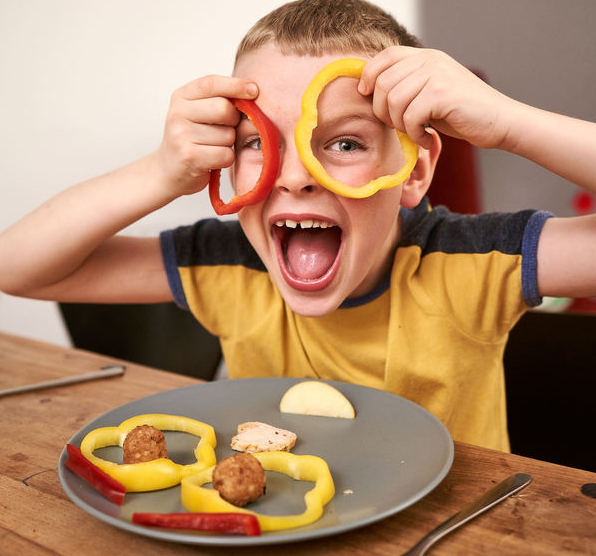
As kids become more aware of what’s on their plate it can be hard to get them to try new foods. Instead of surprising them with something new to eat, try showing them two new foods together and ask them which one they would like to try today. This is a clever way to get them to try lots of new things, not just foods.
Tip #3: Give your child choices when you’re playing
2. Work together
Working together can be a fun way to get things done and avoid any arguments over chores. It also helps your children learn how to work with others, which is a great skill to have early in life.
This doesn’t just apply to little kids though - whatever age your children are, working together will benefit everyone. This could be you getting stuck into helping to build a den or everyone taking their plates to the dishwasher. You might also want to find one time a week where you all come together for family time – breakfast pancakes on a Saturday morning or a Sunday afternoon game of football together.
Tip #1: Help around the house
Young children can be helpful at home in lots of unexpected ways. We see chores as boring, but kids can see them as a fun game. It will probably take a little longer than usual, but asking them to help set the table, wash the dishes, or sort light and dark washing can be more fun when you do it together.
Tip #2: Watch with them
We know there’s only so much Frozen parents can watch before we can’t ‘let it go’ anymore. But a little family TV time can be really good. It’s low-hassle and you can talk to each other about other things while you watch. Who knows, maybe they’ll like some of your old favourites... or maybe it’ll be ‘Baby Shark’ on repeat.
3. Build trust and confidence
All kids are different: they all have their own unique qualities, skills and talents and are good at doing different things. Encouraging them to develop the things they’re good at and practise the things they’re less keen on will help them build up their confidence.
Letting your kids take control of certain things is a great way to build trust between you. It will also boost their confidence when they achieve tasks successfully.
Here are five quick steps to encourage your children to take charge and believe in their abilities.
- Involve them in making family decisions when possible.
- Talk about their responsibilities and agree what is fair together.
- Try to show a good example with the way you carry out your own responsibilities.
- Support and guide them along the way without taking over.
- Celebrate all their wins, big and small.
Taking the time to do this can help boost your kid’s self-esteem, and give them the confidence to try new things. It also makes it easier for them to manage their emotions and behaviour when you’re not around. And by developing their self-respect, they learn to respect and value others too – including us as parents.
Tip #1: Get them out the house
Asking your kids to do tasks where you can’t watch them shows that you trust them. It will also build their confidence as you give them bigger tasks or ones that are further away. Try things like picking up milk, posting a letter, or walking the dog.
Tip #2: Play supermarket sweep

Let’s be honest. Taking kids on the weekly shop can be a nightmare. If they’re not swinging on the trolley they’re probably trying to sneak stuff into it. But if you ask them to help out it’ll show that you trust them (and it’ll keep them busy). Try getting them to find things on your list that cost less than £1, or that start with the letter 'B'.
Tip #3: Give them their own space
Try to give each child a private place to keep their things. If they don't have separate bedrooms, their own drawer or a box in the corner is a good place to use. Put their name on it so they feel like they own it and connect that space with their things.
Tip #4: Try this recipe for trust
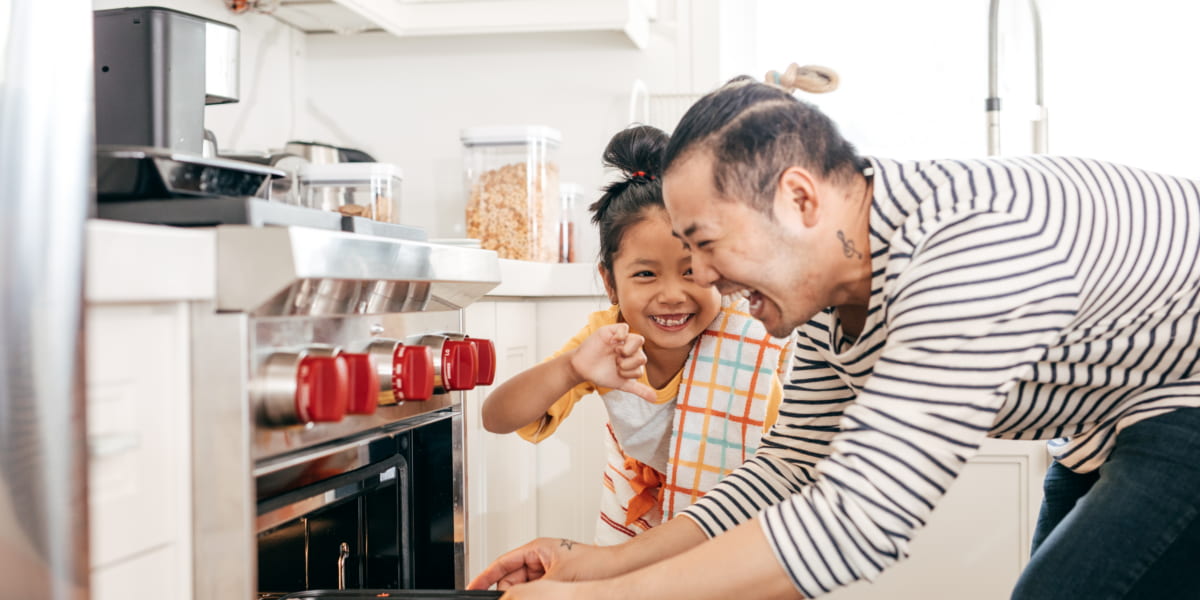
Cooking is a great confidence boosting skill. Why not start by cooking together once a week? Once they feel more confident, you can try letting them cook a simple recipe without your help. It’ll show your child that you trust them, and you can chat to them about other things while you watch them cook. Our page on cooking with the kids has lots of tips to help.
4. Make them feel safe
Families look out for each other. We feel safer when we are with each other. And if one of us is worried about something it can affect all of us. Here are some tips you can try to reduce worry and help your children feel safe.
Tip #1: Take a deep breath
Every day has ups and downs. If you feel worried about something, try taking a deep breath and focusing on family time. Even 15 minutes of fun together is a great stress reliever, and it helps your kids feel safe too.
Tip #2: Try to stay consistent
Whether the kids are behaving or driving you round the bend, try to react to situations calmly and consistently. This helps them learn how you will react and makes them feel safer. It can also teach them good habits. For example, if you praise them every time they tidy away their toys or complete their homework on their own, they’ll probably do it more often.
Tip #3: Show them you understand
Your children will look to you for help dealing with their emotions. Show you’re listening and understand what they’re saying by reassuring them with “I hear what you’re saying”, or responding to grumpy chat with, “That must be really difficult for you”. This will help them feel safe while they experience different emotions.
 Activities & Play
Activities & Play Behaviour
Behaviour Childcare
Childcare Development & Growing Up
Development & Growing Up Family, Friends & Relationships
Family, Friends & Relationships Feeding Your Baby
Feeding Your Baby Food & Eating
Food & Eating Health & Safety
Health & Safety Mental Health & Wellbeing
Mental Health & Wellbeing Money & Work
Money & Work Online Behaviour & Safety
Online Behaviour & Safety Pregnancy & First Days
Pregnancy & First Days School & Education
School & Education Sleep
Sleep

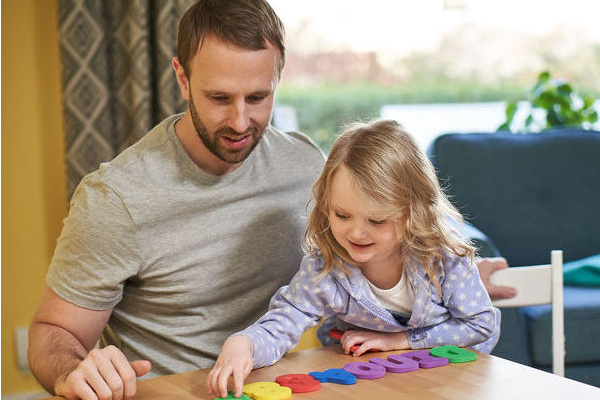


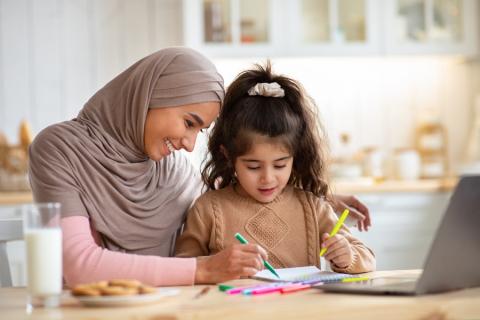
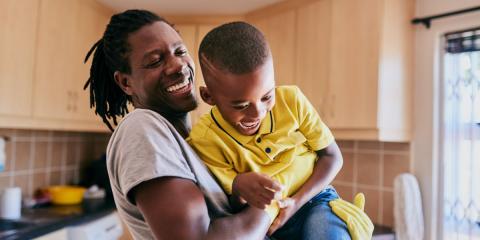

 Behaviour
Behaviour
 Sleep
Sleep